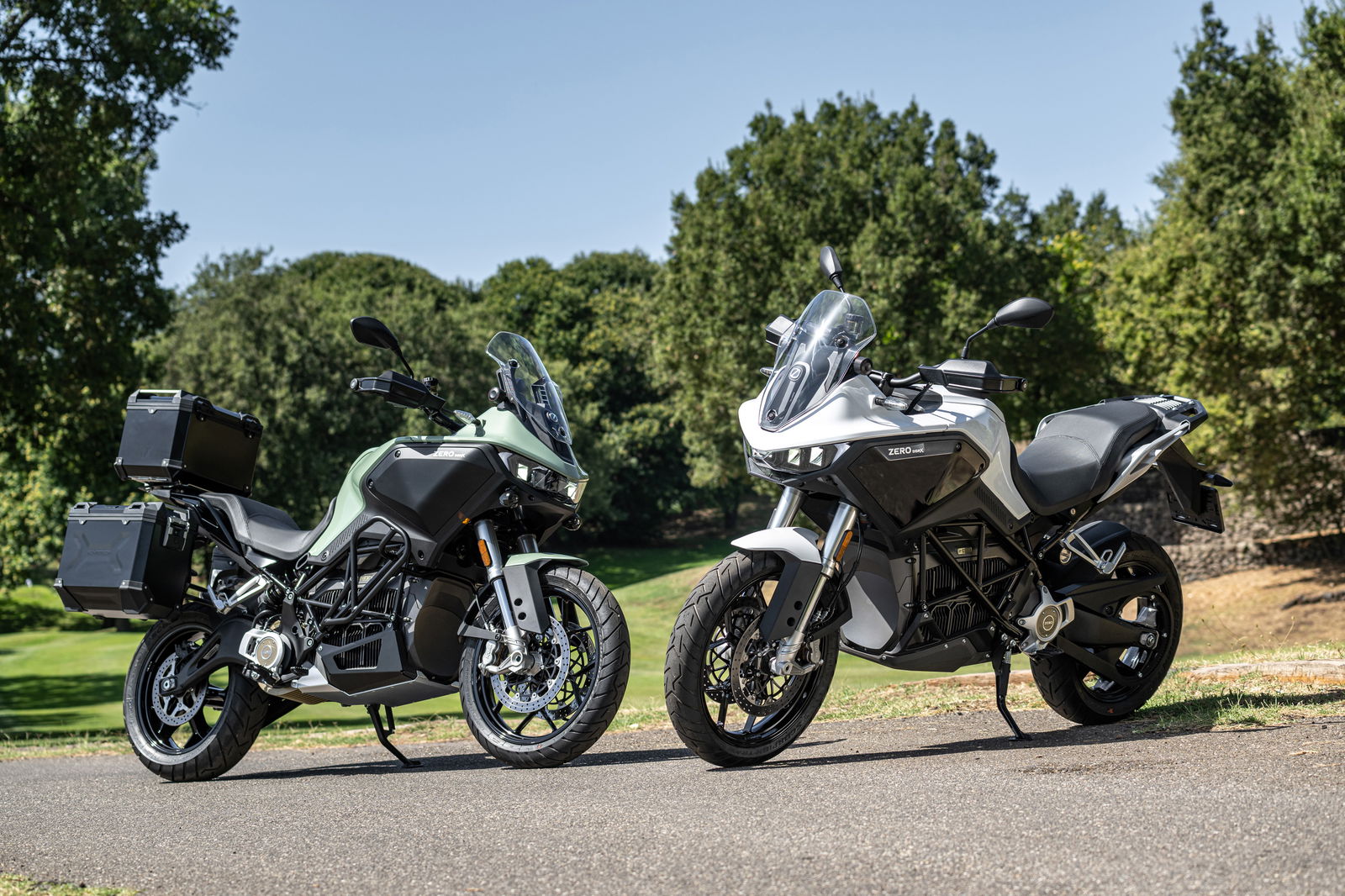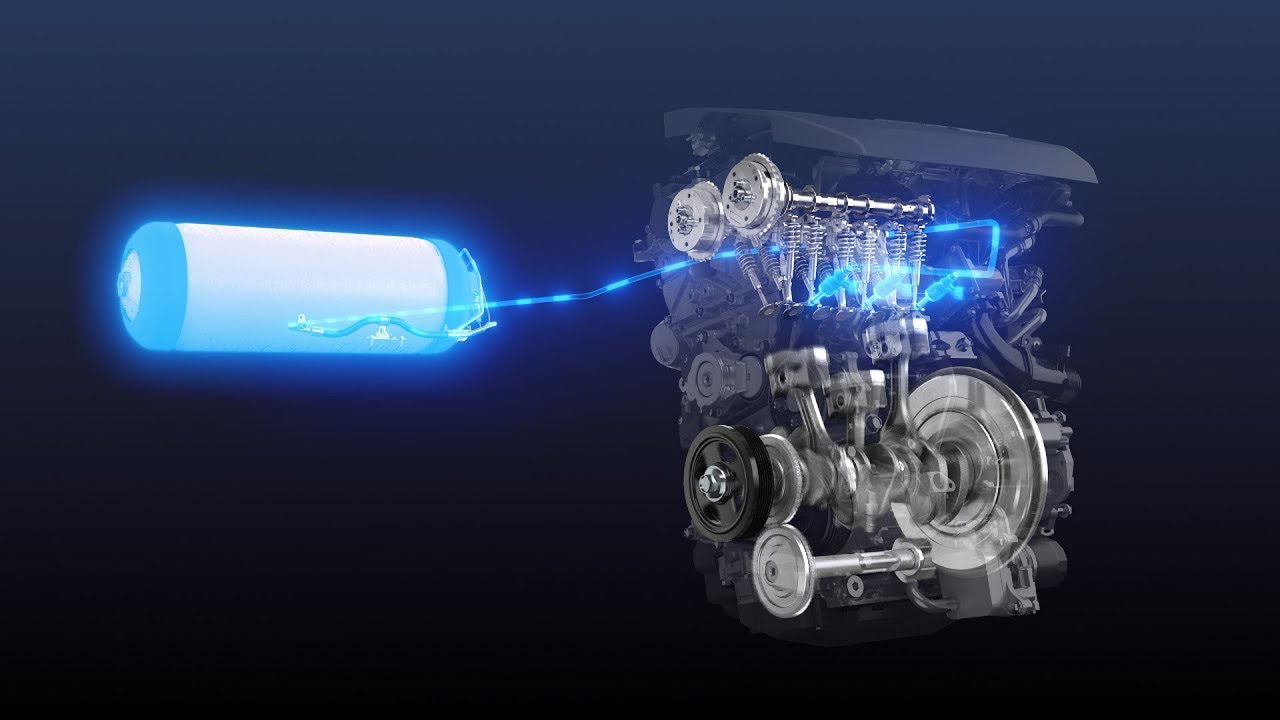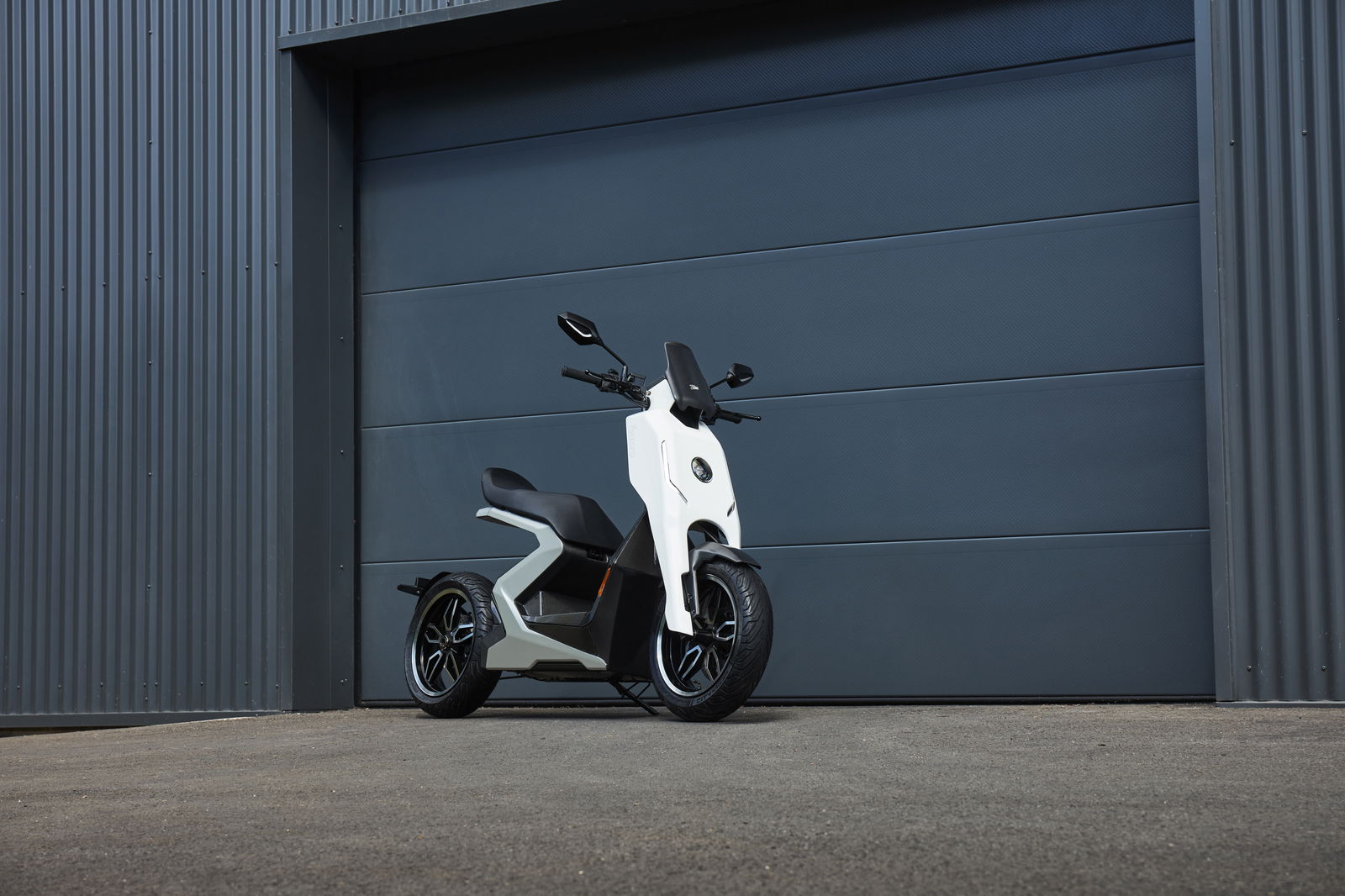NMC, MCIA present key motorcycle decarbonisation points to parliament
The National Motorcyclists Council and Motorcycle Industry Association made a joint presentation to parliament on motorcycling and decarbonisation.

The UK’s National Motorcyclists Council, and Motorcycle Industry Association, have presented to parliament what they consider to be the key issues surrounding motorcycles and decarbonisation.
The presentation of the issues by the National Motorcyclists Council (NMC) and the Motorcycle Industry Association (MCIA) was delivered “to parliamentarians at a well-attended briefing,” the NMC says. It was carried out by NMC Executive Director, Craig Carey-Clinch, and MCIA CEO Tony Campbell.

The presentation covered the diversity of the powered two-wheeler sector, and the industrial and manufacturing challenges facing the industry which would only be exaggerated if the UK were to decide its own targets, separate from other markets, on decarbonisation. As a result, alternative solutions were suggested, including ‘readiness checks’ for the industry that would combine the perspectives of industry, government, and users before phase-out decisions are taken.
Additionally, the economic benefits of motorcycle riders themselves - from leisure and sport perspectives, but also heritage and lifestyle - were discussed, and how those benefits are felt both locally and nationally. Keeping motorcycling accessible and affordable is a key point raised by the NMC, who also brought up the desire within the industry for a more open-minded approach to decarbonisation than the current government proposals which treat battery electrics as the end-point in the process.

Other points, such as infrastructure and the readiness of the consumer for full decarbonisation were also raised.
Tony Campbell, CEO MCIA, said: “If manufacturers are forced to transition to zero emissions too soon, significant revenue will be lost from selling existing and near future internal combustion engined motorcycles which will have a knock-on effect when it comes to developing and manufacturing zero emission products. The complexities and nuances of our different vehicle categories must be fully considered as what’s feasible for some segments (e.g. mopeds) is not feasible for others (e.g. higher powered motorcycles).
"Before committing to any investments in new technology, it is critical we receive a guarantee from Government that, in doing so, the necessary infrastructure is in place and policies around driving demand and improving access to our sector have been implemented. We’ll continue making our case and building on our already strong working relationship with ministers and officials.”

NMC Chair, Anna Zee, said: “This was a hugely positive event which sent a clear message to policy makers that industry and riders have a clear and well-developed case for a more sensible and holistic approach to the path towards net zero when it comes to motorcycling and other L-Category vehicles - in a way that maintains choice for riders. It was interesting that much attention was paid to the possibilities of alternative fuels.
"It was plain that members of the All Party Parliamentary Group for motorcycling, plus Greg Smith MP, whose constituency includes Silverstone and who hosted the briefing, take a real interest in the subject. It would appear that there is a core of MPs who are not, unlike the government, focussed solely on battery electric. They recognise that one size does not fit all and would prefer to see the UK break new ground in developing alternatives.”







